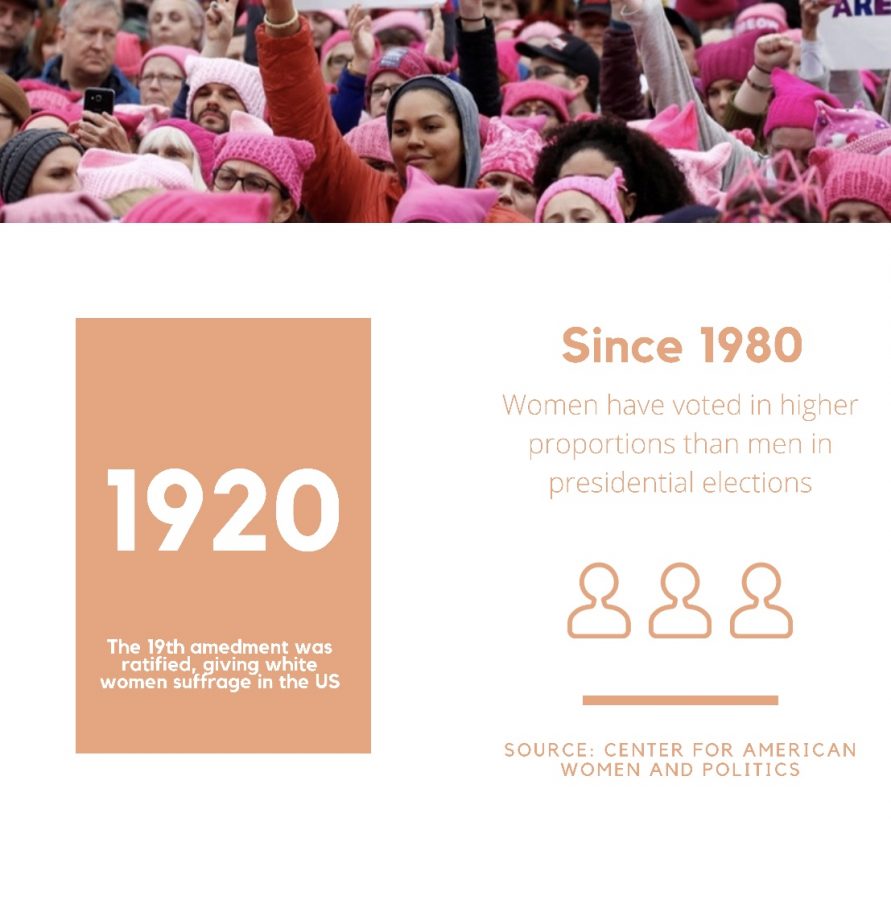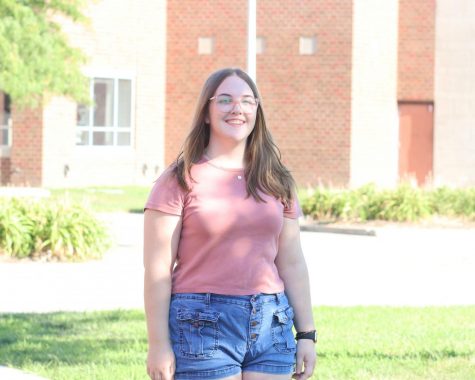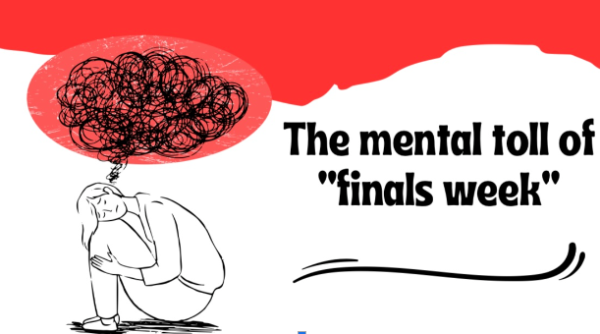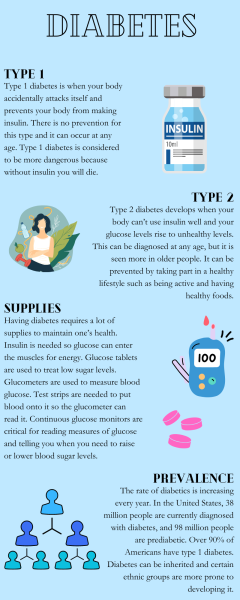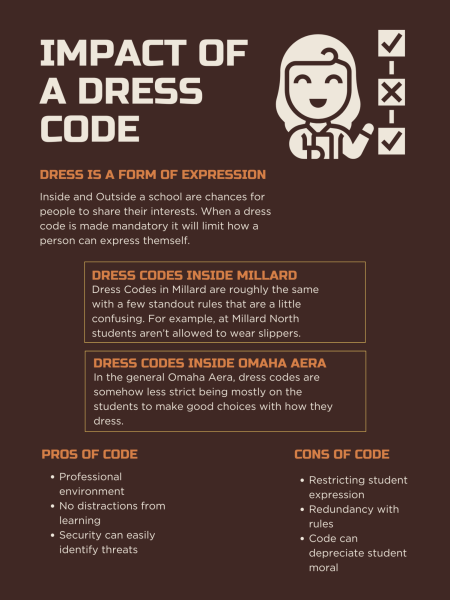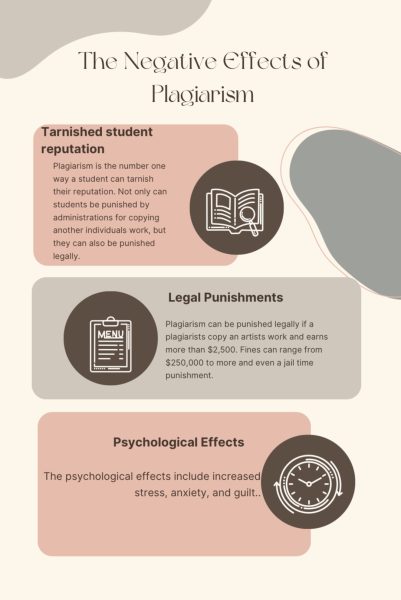The Pink Wave
Why it matters that more women are showing up to the polls
A century after the ratification of the 19th amendment, women are getting more involved in politics and voting in higher proportions than men.
March 12, 2020
Throughout the month of March, celebrations of Women’s History Month take place across the country. It’s a time for recognizing icons as far back as Sojourner Truth and Alice Stone Blackwell along with modern history-makers like Tarana Burke and Malala Yousafzai.
This year’s celebrations are particularly special since 2020 marks the first presidential election in 100 years that (white) women have had suffrage in the United States. In the past century, women have not only shown up to the polls but have run for office and even stepped up to the presidential debate stage.
According to a survey by American University’s Women & Politics Institute and the Barbara Lee Family Foundation, women, particularly women of color and young women, are expected to increase their participation and engagement in the 2020 election. Since 1980, the proportion of female voters has been higher than the proportion of male voters in presidential elections and since 1986 in non-presidential elections. During the 2018 midterm, women led in voter turnout by 5.8 percentage points. Clearly, the female electorate is critical in terms of sheer numbers.
The reason why women vote in higher numbers is that they tend to be more exposed to politics in their day-to-day lives. They are usually the primary care-givers which means they are talking to teachers, healthcare workers and nursing home workers who are connected to and regulated by the government. Women also depend more on government services like food stamps and childcare.
As for women who don’t vote, studies have shown that a major motivator is the perception that they don’t know enough. This idea is rooted in dangerous stereotypes and misogynistic double standards about intelligence, as shown by the fact that men were far less likely to cite the same reason for not voting or being engaged in politics.
Beyond the statistics, having women’s voices in the voting booth matters. So many of the top issues in the 2020 election affect women directly and in different ways than they do men. Climate change, which has become one of the biggest priorities for voters, hits women harder than men because of existing inequalities within caregiving and agriculture. Healthcare is another hot topic that, because of increasing maternal death rates in the US, a lack of access to menstrual care and general negative experiences with quality of care, women have a vested interest in. As one of the top five issues, gun control affects women in unique ways, particularly when it comes to gender-based violence. Women are five times more likely to be killed by an abusive partner when a gun is present and about 4.5 million women have reported being threatened by a partner with a firearm. Women have had and will always have a higher stake in hot political issues, so they should be represented equitably.
However, it should be noted that female voters are not a monolith. Every voter has unique opinions, values and reasons for voting. These things also vary substantially between different groups of women. For example, CNN exit polls showed the overwhelming majority of black women voted for progressive candidates in the 2018 midterms and carried the votes for some of the first black, female congresswomen in places like Connecticut and Massachusetts. There is also a significant difference between single women and married women along with college-educated women and non-college educated women.
Because of their diversity and their political engagement, women will play a major role in the 2020 election. Already, there was a record number of women in the running with six female candidates at the start of the presidential race. This incited a lot of conversation among voters, but with two men leading in the democratic primaries, America’s consensus has been that a woman should not hold the highest office. In fact, over half of American men aren’t comfortable with a female president, as reported by Forbes.
For centuries, women have had to watch men make vulgar comments, get accused of sexual harassment, advocate against their rights, spread false information about women’s anatomy, promote gross stereotypes about them and still get elected into some of the highest offices where they have the power to drive national conversations about women’s worth and pass policies in relation to their rights. Women make up just 23% of the US House of Representatives and 26% of the Senate, and while there may have been a record number of female candidates, there has yet to be a single female president. Women who do run for office face stereotyping, double standards, biased media coverage and more attacks on social media than men do. The voting booth seems to be the only place where women have been able to have an equal voice.
With such a long way to go for gender equity even after a century of suffrage, it matters that women vote not just to honor the legacy of the women who paved their path to the polls, but for the young girls right now and in the future who don’t yet have that option.

